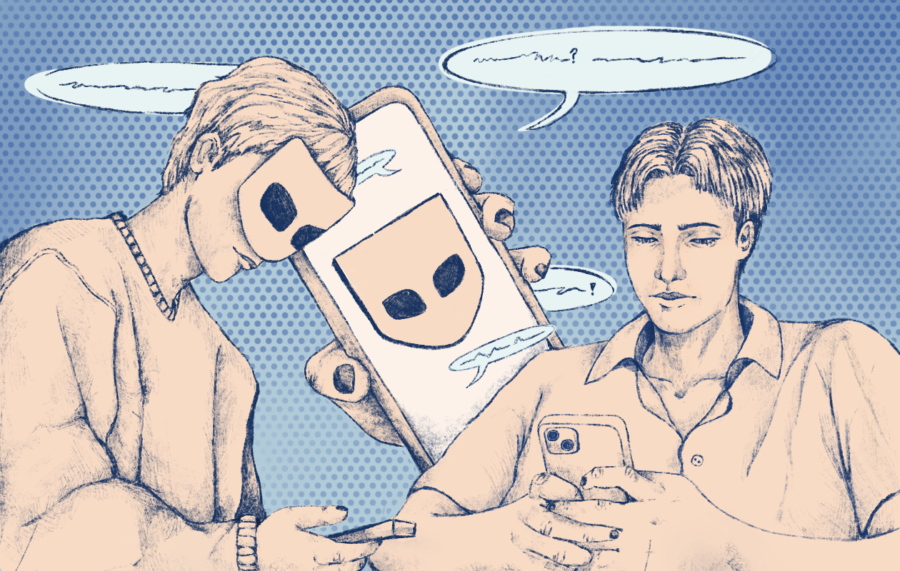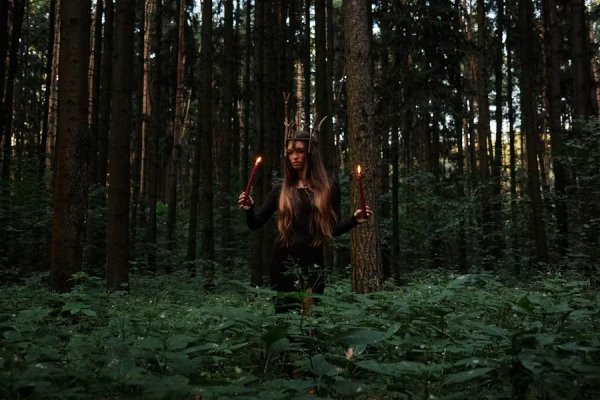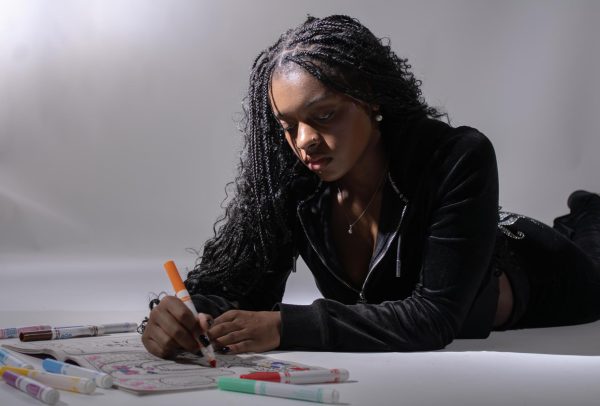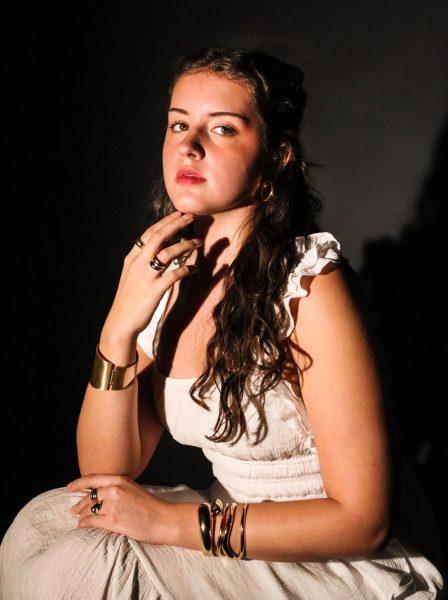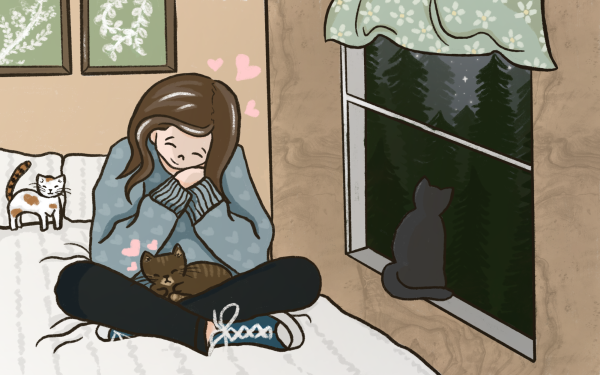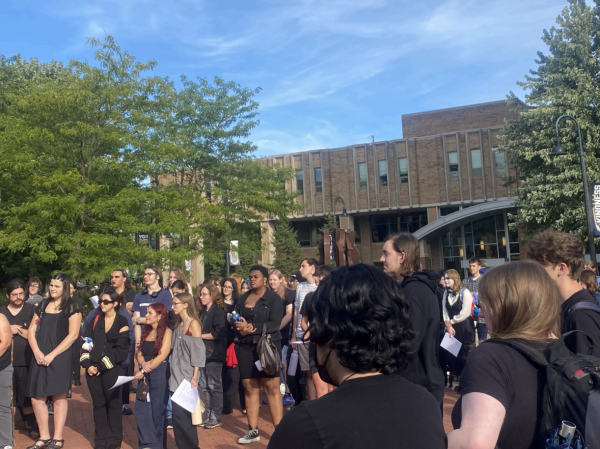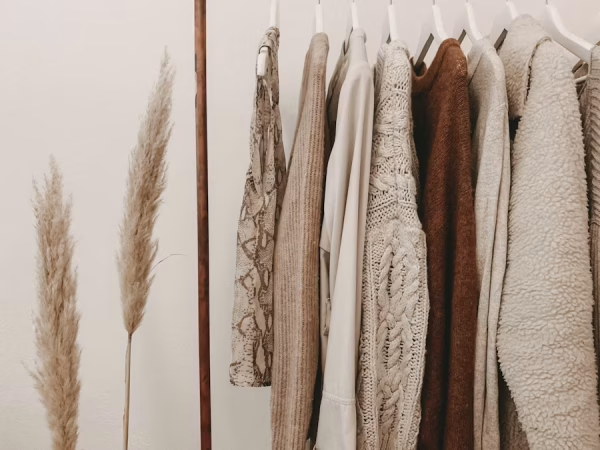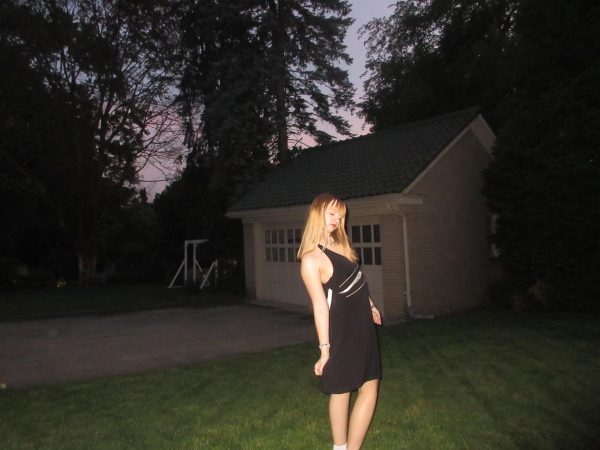grinding for emotional connection: exploring the nooks and crannies of queer hookup culture
Whether you are a part of the LGBTQ+ community or not, you have probably heard of Grindr. If not, I got you! As described on its official page on the Apple app store, Grindr is “the world’s #1 free dating app serving the LGBTQ community.”
Unlike other dating apps, Grindr is commonly used for immediate hookups and sexual chats. Despite being known for its horniness, it doesn’t mean that the possibility of finding romance is null, it’s just (mostly) not the main objective of its users.
Being part of the LGBTQ+ community, I have experienced and heard multiple queer friends talk about the adrenaline and excitement when first using the app, versus the disappointment after a few days of scrolling on it. This gradual dissatisfaction intrigued and provoked me to understand why we feel this way, leading me to explore the deepest nooks and crannies of Grindr to uncover the answer.
After experiencing creepy guys and several unsolicited dick pics, I found three users that agreed to anonymously give an interview regarding their perspective on using Grindr.
As said before, one’s first experience with the app is usually positive. It all starts when the user sees multiple online people displayed on a grid with nicknames and revealing pictures, arousing a feeling of novelty and sexual adventure.
According to the user Bi Guy, their first experience with Grindr was exciting and allowed them to explore their sexuality. “I felt shy at first, but it didn’t take long for some guys to text me even without a picture in my profile. They were horny, I was too. Boom,” said Bi Guy.
When questioned about why they decided to engage in the app anonymously, Bi Guy said they are afraid of being recognized by someone. “I would be ashamed if someone I know finds me because I’m not out,” he said.
The shame associated with having sexual relations outside of cis-hetero normative contexts hits close to home for many LGBTQ+ people. In our society, where sex is still a taboo, people are guilted s into thinking they are doing something wrong if their sex lives are not aligned with societal relationship norms, which often entail marriage and procreation.
Mix that with the overwhelming feeling of internalized prejudice and fear of being rejected by the ones you love, and you have a sexually repressed person that is not able to fully enjoy and explore their sexuality.
With safe practices, consensual sex for the sake of connection and pleasure is completely okay.
However, if people are exploring their sexuality, in an often anonymous environment that eases the psychological and societal pressures, what is it that makes people feel unhappy about Grindr after a few days?
According to user M, the discomfort comes in when the sexual adventure starts to turn into a creepy invasion of space. “I had guys send me their nudes before saying hello to me. People see in my profile that I am 19, but I still get DMs from older men saying disturbing things, and they always expect me to go out with them without even showing their faces,” said M.
Unlike other apps, on Grindr, people can message you without having to match. “Even if they just want to hook up, I wish people on Grindr would treat me less as a piece of meat and actually ask me if I want to see anything first,” said M.
Having to deal with the constant disappointment of being flashed in your DM’s can be off-putting for many users, especially after a while of using the app.
User TY said that after a few days of using the app, they started to enter the app without any intention of hooking up. “It gets old, but it can be interesting to just talk to people, send them your pictures, read them say you’re hot, and go talk to someone else,” said TY.
After a while, the Grindr experience can become repetitive and boring, almost like scrolling through TikTok, leading people to feel detached and even unsure of what they are doing there.
I found that the disappointment arises when people overuse the app or start to search for some sort of connection and quickly realize that receiving explicit DMs and short conversations is probably all they’re going to get.
If the objective is finding a hookup, that might be totally fine; however, if the user is looking for a connection and just stonewalls all their feelings by complying to participate in a mechanical sex cycle, the probability of not having a good experience at all is very likely.
The problem resides in LGBTQ+ people not having another feasible app option to connect to other queer people on an emotional level. Therefore, we often feel pressured to resort to Grindr as a better option is not available.
Queer people don’t have the same privilege of creating meaningful romantic connections spontaneously when they are scared of suffering prejudice. Especially in smaller cities, there are not many places focused on the LGBTQ+ public.
A better app focused on the LGBTQ+ community to talk to people for the sake of emotional connection, and grant some level of safety to its users, is desperately needed!
There is no place for emotional vulnerability where pressure, harassment and shame thrive.
After understanding what we want, hooking up is not a bad thing! Sex is a good part of life that should be enjoyed healthily and consensually.
Don’t forget to take the necessary precautions to protect yourself and those around you and go have fun!
Support Student Media
Hi! I’m Catie Pusateri, A Magazine’s editor-in-chief. My staff and I are committed to bringing you the most important and entertaining news from the realms of fashion, beauty and culture. We are full-time students and hard-working journalists. While we get support from the student media fee and earned revenue such as advertising, both of those continue to decline. Your generous gift of any amount will help enhance our student experience as we grow into working professionals. Please go here to donate to A Magazine.

